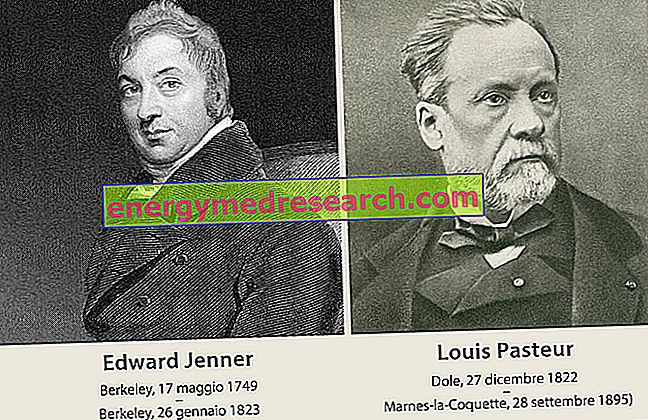Definition
Hepatic congestion (or congestive liver disease) is a condition characterized by venous stasis spread inside the liver. In simple words, blood accumulates inside the organ since the hepatic veins do not perform their drainage function properly.
Most often, hepatic congestion is the result of right heart failure. At the base, in fact, there is an increase in central venous pressure, which hinders the outflow of blood from the liver.
Chronic hepatic congestion leads to hepatocyte atrophy, dilation of sinusoids (hepatic capillaries) and centrilobular fibrosis. This degenerative process, if severe and long lasting, can progress to cirrhosis (cardiac cirrhosis), with loss of liver cells due to necrosis.
Consequently, hepatic congestion may result from cardiomyopathies, tricuspid regurgitation, mitral insufficiency or constrictive pericarditis.
Most patients are asymptomatic. However, if hepatic congestion is moderate or marked it causes jaundice, hepatomegaly and pain in the upper right quadrant due to stretching of the liver capsule. Other associated symptoms are ascites, splenomegaly and the hepato-jugular reflex (ie the jugular veins become turgid on palpation of the liver).
Possible Causes * of Liver Congestion
- Pulmonary heart
- Rheumatic fever
- Heart failure
- Pulmonary hypertension
- Pericarditis
- Heart failure



